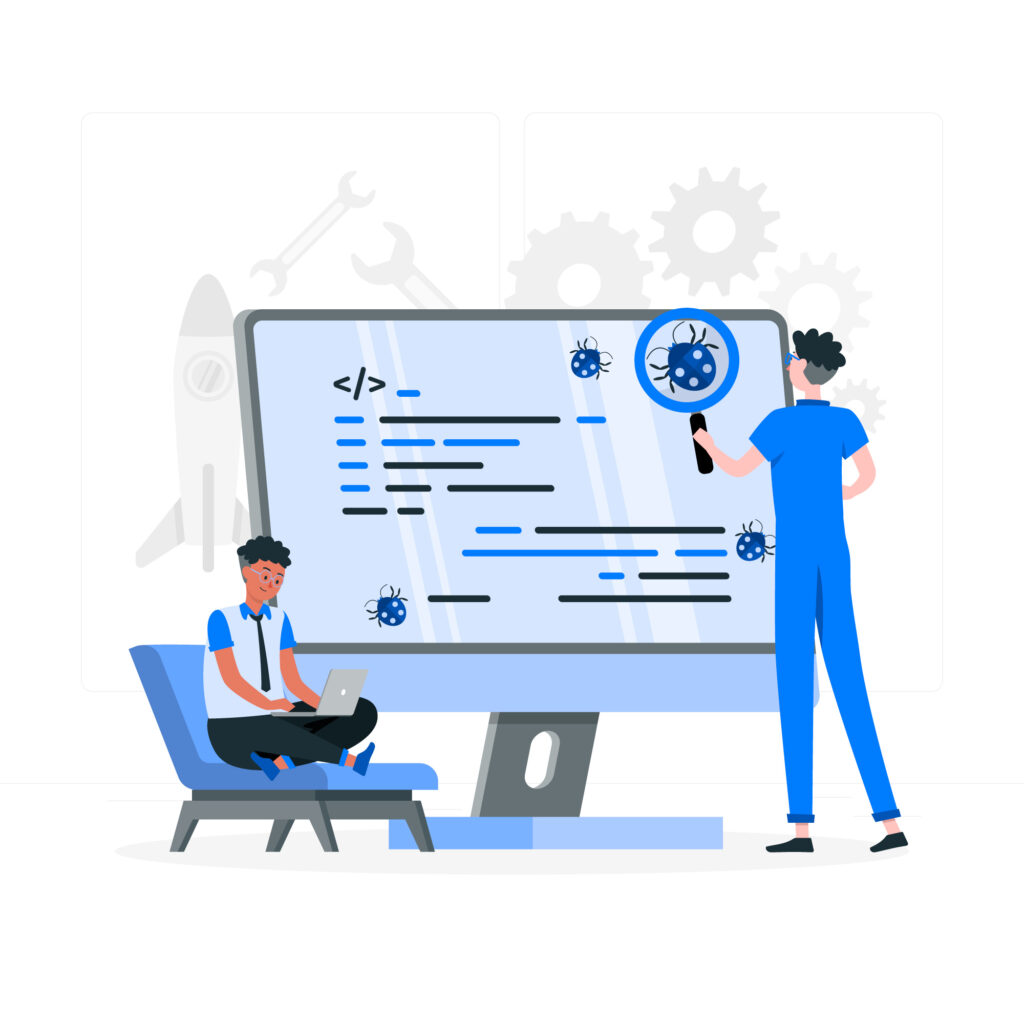Introduction:
The success of an app heavily relies on how well it performs and delivers value to users. This makes quality assurance and testing some of the most crucial aspects of app development that an app development company simply cannot overlook. With fierce competition in the app industry, users have a lot of options to switch from one app to another if they face issues, bugs, or performance lags. No app development company wants users complaining about issues soon after launch. Rigorous testing during app development can prevent many such issues that frustrate users.

Major Points to Consider:
Testing helps assess an app’s functionality, user interface, accessibility, compatibility, security, and performance before it goes live. Some key aspects that need extensive testing include:
Functionality Testing
Evaluate key app features to check if they function as expected. From login to different options and modules, all app functions should work seamlessly. Your in-house team or a company well-versed in education software testing, or the testing of software specific to your industry, whatever that may be, needs to test both default and boundary conditions.

UI/UX Testing
The user interface and user experience can make or break an app. Testing makes sure the app UI and UX are intuitive, user-friendly, and match user expectations in all aspects. Everything from buttons, navigation, images, colours, and fonts to layouts needs testing.Performance Testing
It evaluates parameters like speed, stability, response time, scalability, and resource usage under various conditions. Using simulators and real devices, the app development company should test the app’s performance in different operating systems, networks, and devices. Load testing tools can check how the app performs with increasing user loads.Security Testing
Rigorous security tests are a must for every app handling sensitive user data. It deals with authentication, data encryption, session management, and system vulnerabilities. The app development company should specifically check for OWASP’s top 10 mobile vulnerabilities.Software Compatibility Testing
An app must function flawlessly across all compatible options whether it is OS versions or device models. Exhaustively testing compatibility identifies and fixes conflicts specific to different platforms/devices early on.
The goal of an app development company should be delivering near-flawless apps matching the best quality benchmarks. This requires a structured approach involving different testing types and levels throughout the development lifecycle.
Some Key Highlights:
- Unit testing checks individual app components during coding itself through automated tests. It identifies bugs early, saving time and effort.
- Integration testing verifies the combined working of backend systems and external interfaces. All modules/interfaces should sync without failures.
- Functional testing validates all requirements set by the client. The app delivery should match client specifications.
- System testing evaluates the end-to-end working of the integrated app as a whole.
- Acceptance testing confirms if the client accepts the app before deployment after checking all parameters.
Conclusion
By detecting issues early, quality assurance and testing minimize the cost of fixes too. Eliminating most defects before launch cuts down update frequency after deployment as well. With shorter feedback loops, the app development company gets more agility for maintaining and enhancing the product.
Extensive testing no doubt seems costly at first. But compromised quality never goes down well with users. Apps not optimally and thoroughly tested often fail faster than expected. This hurts an app development company’s credibility and prospects with clients. A focus on quality and testing is an investment that prevents huge losses down the road by ensuring app reliability and durability.